When Your Friend Becomes the Parent You Barely Survived
You don’t have to be a parent to recognize harm. Some of us are childfree and we see the cycle repeating, even when no one else will name it.
The Parenting That Ends Friendships
“Not everyone becomes a parent. But every single one of us was a child. That perspective matters.”
We don’t just recreate our childhoods in romantic relationships. We repeat the patterns in friendships, in work dynamics—even in the people we confide in when we’re grieving.
Sometimes, without realizing it, we choose friends who mirror the caregivers we barely survived.
Then one day, they become parents. And it’s not just their kids who feel it. It’s everyone who recognizes the reenactment. I’ve ended friendships for less. But over my friends parenting choices? That’s the one that gutted me.
Because when someone you love starts raising children the way you were raised—the way you barely made it out—it isn’t just betrayal. It’s recognition. Recognition of where you came from. Of everything you fought to unlearn. And of how few people actually break the cycle.
Especially if you grew up with emotionally immature parents—people who had children before they had regulation, accountability, or the ability to center anyone’s needs but their own.
When you’ve spent years reparenting yourself, watching your friends pass those wounds on to their kids isn’t just hard. It’s unbearable.
When Your Friend’s Parenting Looks Like the Trauma You Survived
“We’re not giving advice. We’re naming what we survived.”
People love to say that childfree people shouldn’t give parenting advice. But some of us aren’t giving advice. We’re naming harm. Some of us were raised by emotionally immature parents. We weren’t protected. And we’ve spent years learning how to protect ourselves. So when we speak up, it’s not from judgment. It’s from memory.
One friend forced her stepkids to hug me, even after I gently said no. When they didn’t finish their food, she called them bad. Their disobedience wasn’t about safety. It was about her shame. I addressed it—because first, those were her stepkids. Second, I remember being that child. The one who needed time. The one who didn’t want to hug anyone because I saw things other people refused to name. I saw food texture issues. I saw shutdowns. I saw what no one else was noticing.
Weeks later, that same child ran up and hugged me. Not because they were told to. Because they trusted me and themselves. They had time to get comfortable and observe me.
Another friend made me her child’s godparent. Her child was disabled—but she refused to say the word. Like naming it would make it real. Like I’m not disabled, and loud about it. Like it was something to be ashamed of.
She wanted the benefits of proximity to my knowledge, my clarity, my advocacy—without doing the work herself. I stepped up. She stepped back. She handed me her child’s needs, her silence, and her shame, and expected me to carry all of it without complaint.
And I did. For a while.
Because I knew what that child needed. And because I knew what it felt like to have no one name what you are—only to be treated like a problem instead.
But I never agreed to be her placeholder for accountability. And I never agreed to be the one doing all the emotional labor so she wouldn’t have to say one true word.
I’ve seen people date single parents and then grow resentful of the children. As if they didn’t choose that family. As if a kid were an inconvenience, not a person—caught in the fallout. If the children feel like a burden to you, you shouldn’t be in their life or their parents. It’s that simple. You don’t get to play house and villainize the most powerless person in the room.
Friendship breakups over parenting are rarely named. Especially when the harm being passed down is the same harm we had to claw our way out of. Some of us were raised by people who yelled, ignored, manipulated, or spiraled instead of parenting. We don’t need kids of our own to recognize when it’s happening again. We remember what it felt like.

How Unhealed Parenting Trauma Spills Into Friendships
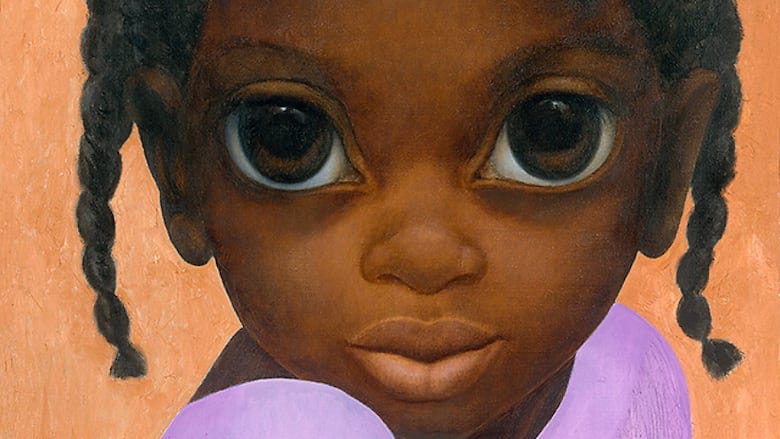
“Some of you aren’t parenting. You’re reenacting your own chaos with smaller, more vulnerable witnesses.”
People love to talk about parenting like it’s private. Like what happens behind closed doors stays there. But it never does. Parenting doesn’t just shape the child—it shapes the energy they bring into every room: playdates, group chats, school meetings, family gatherings, friendships. And when it’s bad, chaotic, neglectful, emotionally violent, or steeped in martyrdom—it spills out. Loudly. Often without apology.
Where I come from, that kind of silence doesn’t hold. The idea that a child is only their parents’ responsibility? That’s foreign. Children are part of the village, the block, the generational fabric. Harm isn’t seen as a private failure, it’s a wound the community carries.
Because unmet needs don’t stay small. They ripple—into schools, relationships, workplaces, governments. And when that pain grows up, it doesn’t vanish. It becomes the rage, the shutdown, the cruelty no one wants to claim.
The village always feels it. Whether through silence, fear, or the systems left to clean up what love refused to hold.
I’ve been the friend who stepped in. Paid for therapy. Took the call. Comforted the child. De-escalated the fight. Explained the disability and that it isn’t a bad word but can help the parent advocate. Corrected the misinformation. Helped the mother breathe. Watched the father do nothing. I’ve done what community does.
But parenting from unhealed trauma isn’t just a personal failure. It’s structural harm. Some of this isn’t even theirs. It’s what they saw growing up. And now they’re repeating it—without even realizing they’ve made their children the audience. And if you’re the one watching it, naming it, trying to hold space while being told it’s not your place—you know how fast that harm spreads.
And the worst part? It’s not just the parent. It’s the people around them who excuse it. The partner who stays silent. The friend who says “they’re just tired.” The ones who make you the problem for noticing what’s been happening for years.
Childfree people aren’t cold. We’re not clueless. Some of us are the most clear-eyed witnesses because we lived the very thing you’re now calling parenting. And we got out. And here’s the part that stings: Some of you are not parenting. You are reenacting your own chaos with smaller, more vulnerable witnesses.
When Friendship Requires You to Stay Silent About Harm
“We learned early that silence protects power—not people.”
Friendship with parents can feel like walking a minefield. Especially when you were raised by someone who confused control with care or expected you to regulate their emotions while they spiraled.
Because when your friend becomes a parent—someone who knows your story, maybe even shares your trauma, you’re not just witnessing harm. You’re being asked to excuse it. You’re not just being asked to stay quiet. You’re being asked to perform approval—to normalize what your body knows isn’t safe. Smile when they snap at their kid. Nod when they brag about being the “strict one.” Stay quiet when they call their stepchild manipulative. Ignore the way their daughter flinches when they raise their voice. Say nothing when they say everything is fine.
You start to brace for the visits. You shrink in the group chat. You leave their home feeling sick, ashamed, or silenced. But what does it cost you to keep holding space for someone else’s unhealed trauma, especially when the collateral damage is a child?
People think being childfree means you don’t understand parenting. But some of us understand it too well. We were the ones expected to perform love while surviving fear. The ones punished for not making adults feel better. We learned early that silence protects power—not people.
So no, I won’t stay quiet just because we’re friends. I won’t enable your helplessness while you burn through the very people you claim to love. And I won’t watch you become the parent I used to pray would finally grow up.
And you already know how the story goes. One day they’ll ask why their child is pulling away. Why they’re angry. Why they don’t feel safe. They become the martyr parent projecting with selective amnesia whilst you remember the countless conversations and memories that validate the child’s experiences.
When Parenting From Trauma Makes Friendship Unsafe
“Love isn’t enough if it comes with fear.”
Not all violence looks like bruises. Sometimes it sounds like humiliation. Sometimes it’s a sharp sigh. A rolled eye. A joke at the child’s expense in front of guests. A daughter who flinches at a tone shift.
When your friend is parenting from rage, disassociation, or learned helplessness, it’s not just their kids who feel unsafe. It’s everyone in proximity. Especially those of us who were raised by the same wounds. Because we feel it before it’s even spoken.
We feel it in our stomachs.
We feel it when the tension walks into the room five seconds before they do.
We feel it when your tone hardens around your daughter because she reminds you too much of yourself.
We feel it when your boyfriend neglects your child and you call it “co-parenting.”
We feel it when you punish your child for showing needs you still haven’t learned how to meet in yourself.
And to the ones dating parents: If you don’t want to co-parent, don’t date someone with kids.
That child did not choose you. They don’t owe you ease. And they are not the obstacle standing between you and comfort. They are the most vulnerable person in the room. Treat them accordingly—or step back.
I’ve been in homes where the children looked to me for safety because I was the only one listening. I’ve left dinners early. Sat in stairwells with children who needed a minute to cry without being called dramatic. I’ve been labeled judgmental for saying what everyone else saw: Love isn’t enough if it comes with fear. Your kids don’t want perfect parents. They want regulated ones. And if you can’t be that? At least stop resenting the friends who try to be.
Grieving the Friend Who Chose Power Over Growth
“Some friendships only survive if you’re willing to betray yourself.”
Friendship changes when your friend becomes a parent. Especially when they haven’t done the work. Especially when the baby arrives and the rage follows. When the control surfaces. When their own unmet needs take center stage at the expense of the child, and everyone around them.
You’re no longer just a friend. You’re an audience to the reenactment. You’re expected to be supportive, but silent. Present, but never interfering.
And sometimes the person you used to hold accountable becomes the one holding power. That’s when the grief begins. I’ve ended three long-term friendships over parenting harm. Not because I wanted to. Because I had to. I watched people I loved parent from trauma they refused to name. They treated their stepchildren children like burdens. They defended neglect as “discipline.” They mocked softness, even as they collapsed under the weight of their own helplessness.
I tried. Quietly. Consistently.
I offered resources. Held space. Named what I saw.
I supported their children when no one else would.
Not because I wanted credit, but because I couldn’t look away.
I didn’t walk away to punish them. I walked away to protect the part of me that barely survived the first time. Because friendship shouldn’t require you to betray the child you used to be. And it sure as hell shouldn’t ask you to co-sign the cycle for someone else’s.
Explore More from The Lovette Jallow Perspective
You’ll find more of my essays on friendships, holding boundaries and reclaiming voice.
Who is Lovette Jallow?
Lovette Jallow is one of Scandinavia’s most influential voices on systemic racism, intersectional justice, and human rights. She is a nine-time award-winning author, keynote speaker, lecturer, and humanitarian specializing in:
Neurodiversity and workplace inclusion
Structural policy reform
Anti-racism education and systemic change
As one of the few Black, queer, autistic, ADHD, and Muslim women working at the intersection of human rights, structural accountability, and corporate transformation, Lovette offers a uniquely authoritative perspective rooted in lived experience and professional expertise.
Her work bridges theory, research, and action—guiding institutions to move beyond performative diversity efforts and toward sustainable structural change.
Lovette has worked across Sweden, The Gambia, Libya, and Lebanon—tackling institutional racism, legal discrimination, and refugee protection. Her expertise has been sought by outlets like The New York Times and by leading humanitarian organizations addressing racial justice, policy reform, and intersectional equity.
Stay Connected
➔ Follow Lovette Jallow for expert insights on building equitable, neurodivergent-affirming environments.
🔹 Website: lovettejallow.com
🔹 LinkedIn: linkedin.com/in/lovettejallow
🔹 Instagram: instagram.com/lovettejallow
🔹 YouTube: youtube.com/@jallowlovette
🔹 Twitter/X: twitter.com/lovettejallow
🔹 Bluesky: bsky.app/profile/lovettejallow.bsky.social


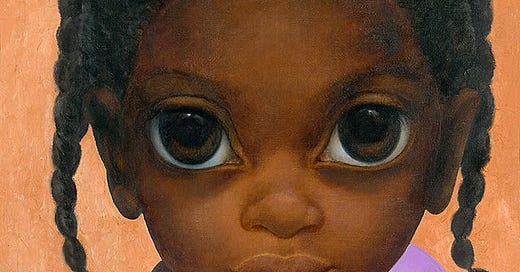


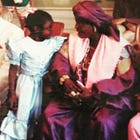

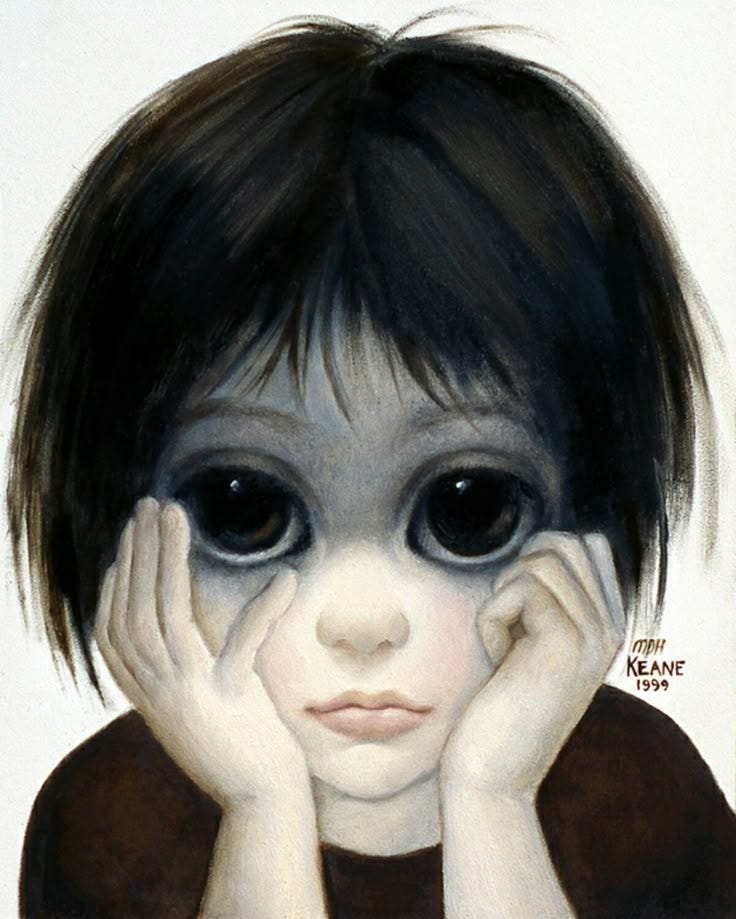
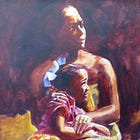
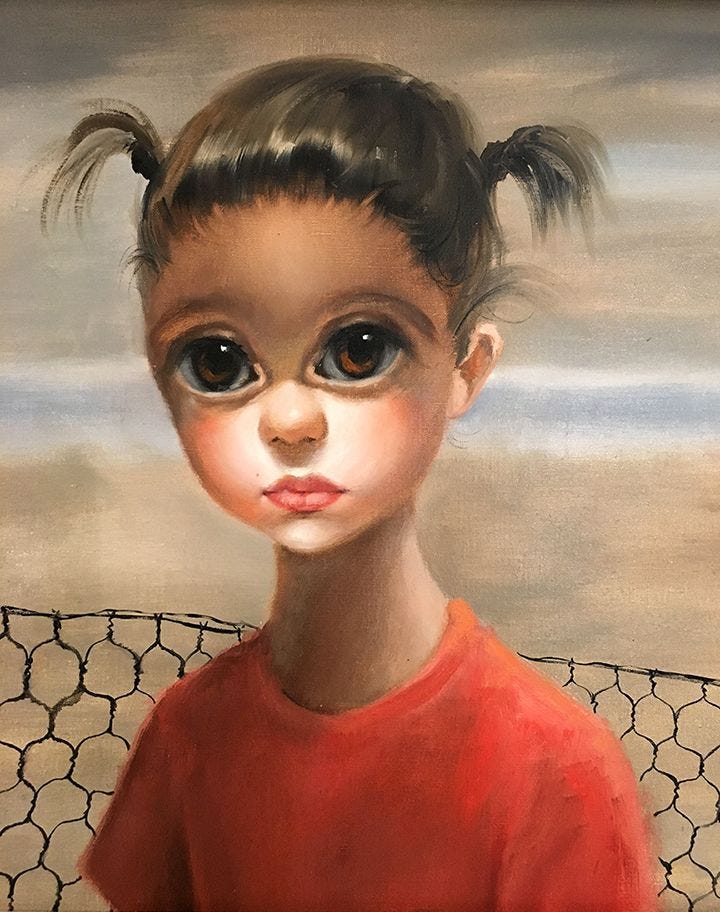
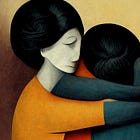
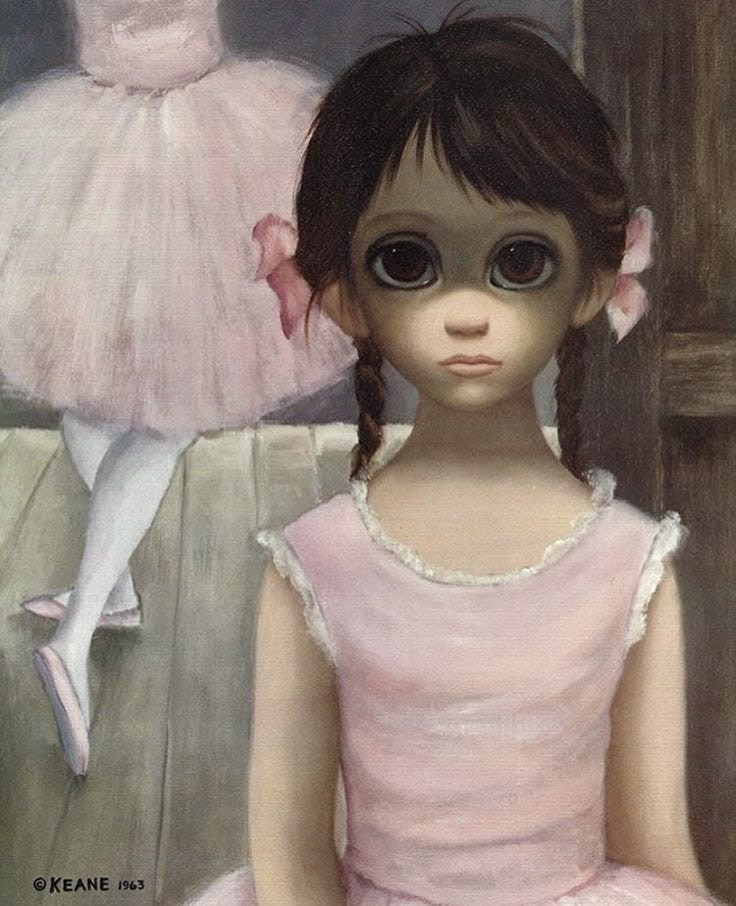

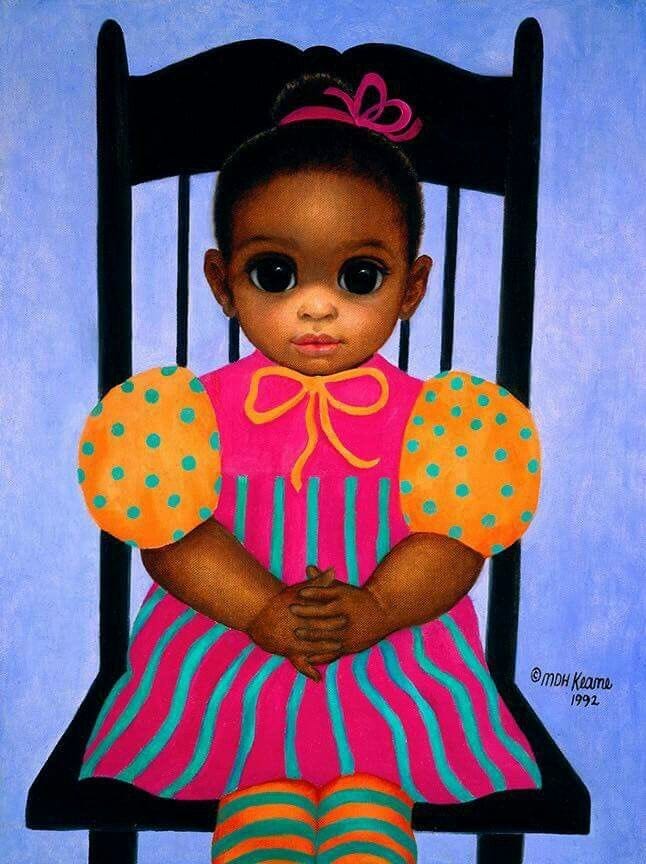




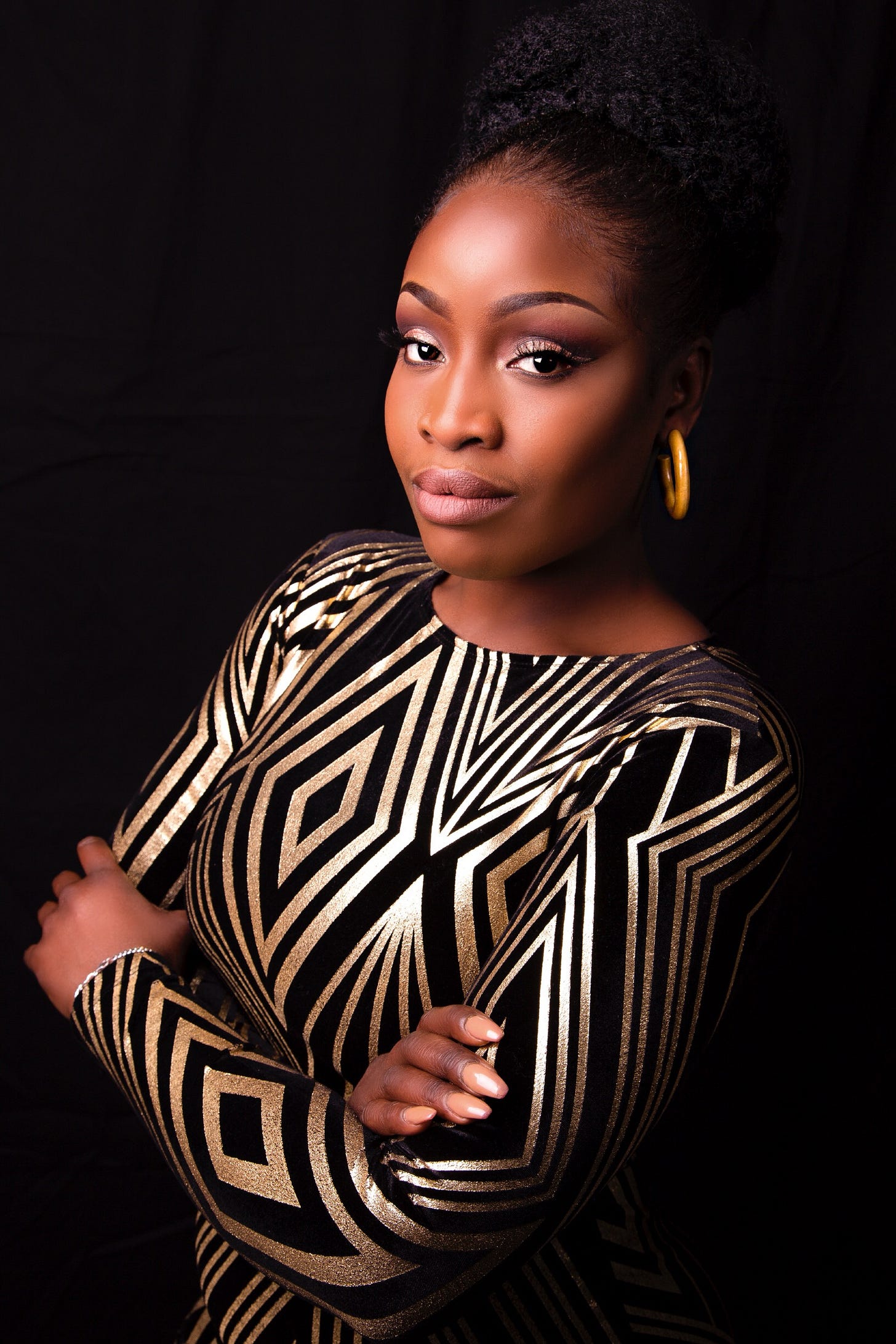
This one is good! I’ve had accountability talks with people and it’s always “you’re not a parent I’m not listening to you”. Yes I’m not a parent, but I was once a child who has a very broken relationship with my mother. Great post!
Lovette, do you have any books or memoir in English? I would love to read long forms of your work but noticed they’re in Swedish or geered towards that audience. And if not, those of us (me) would love to get lost in a book of yours!!!